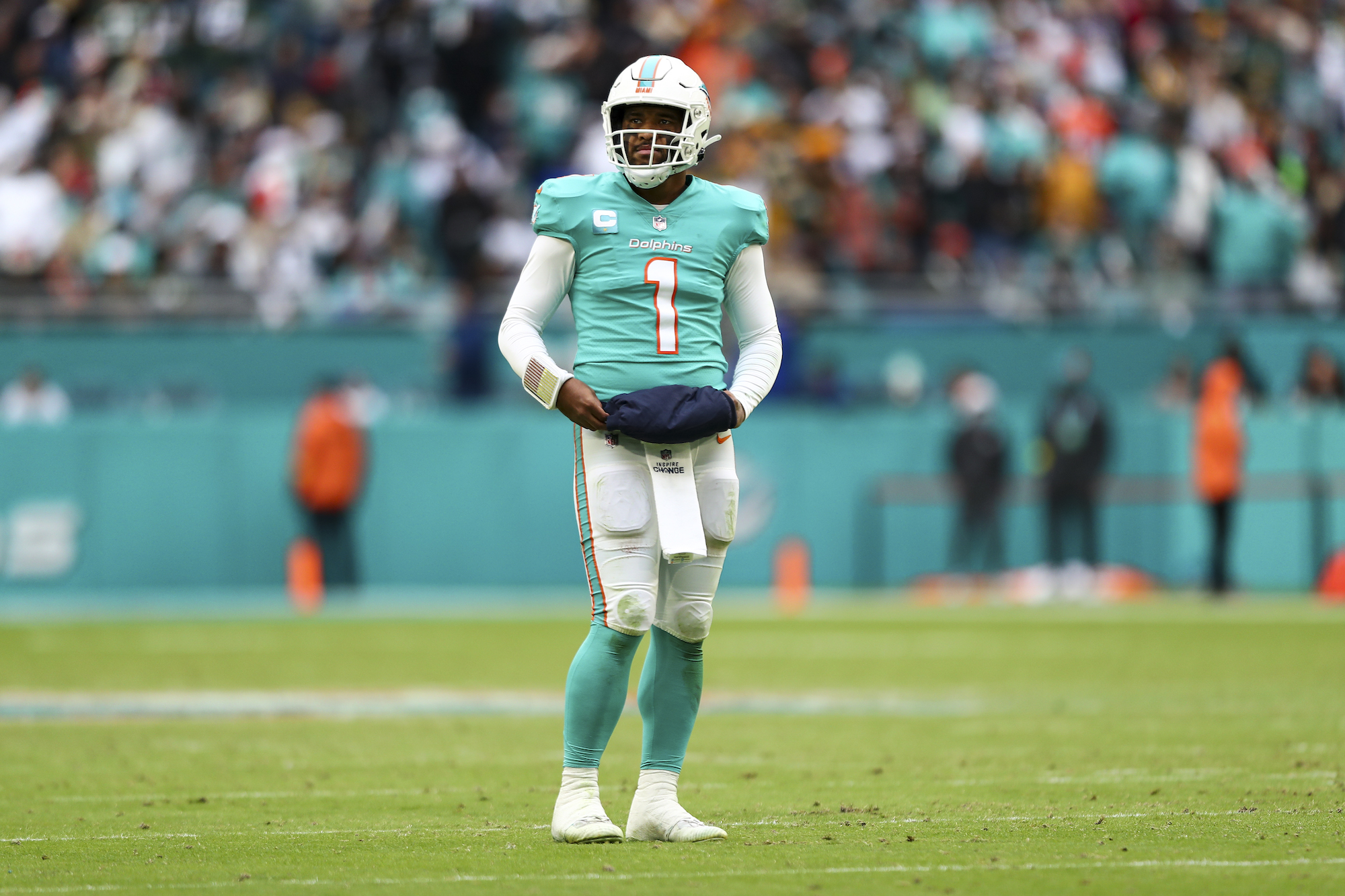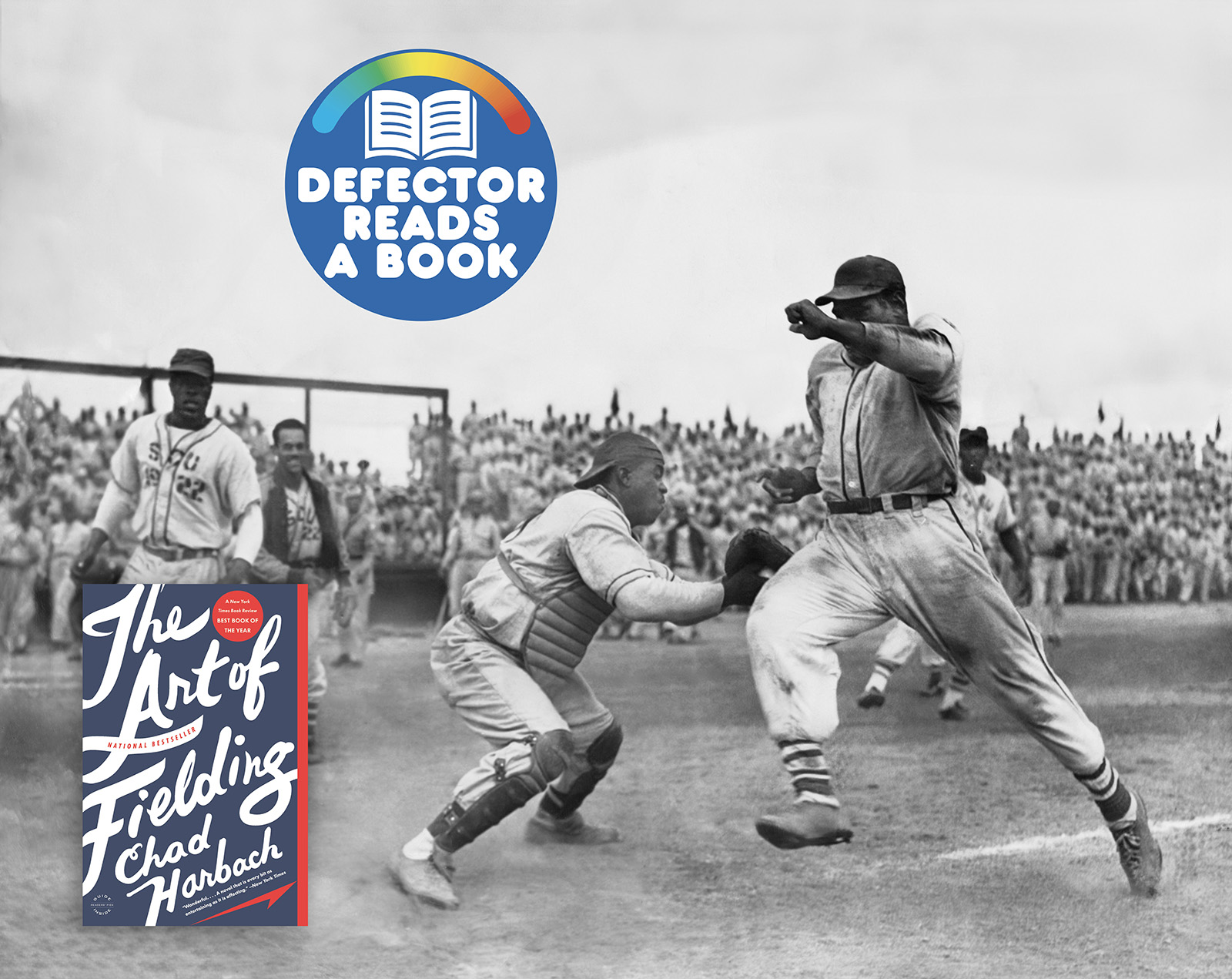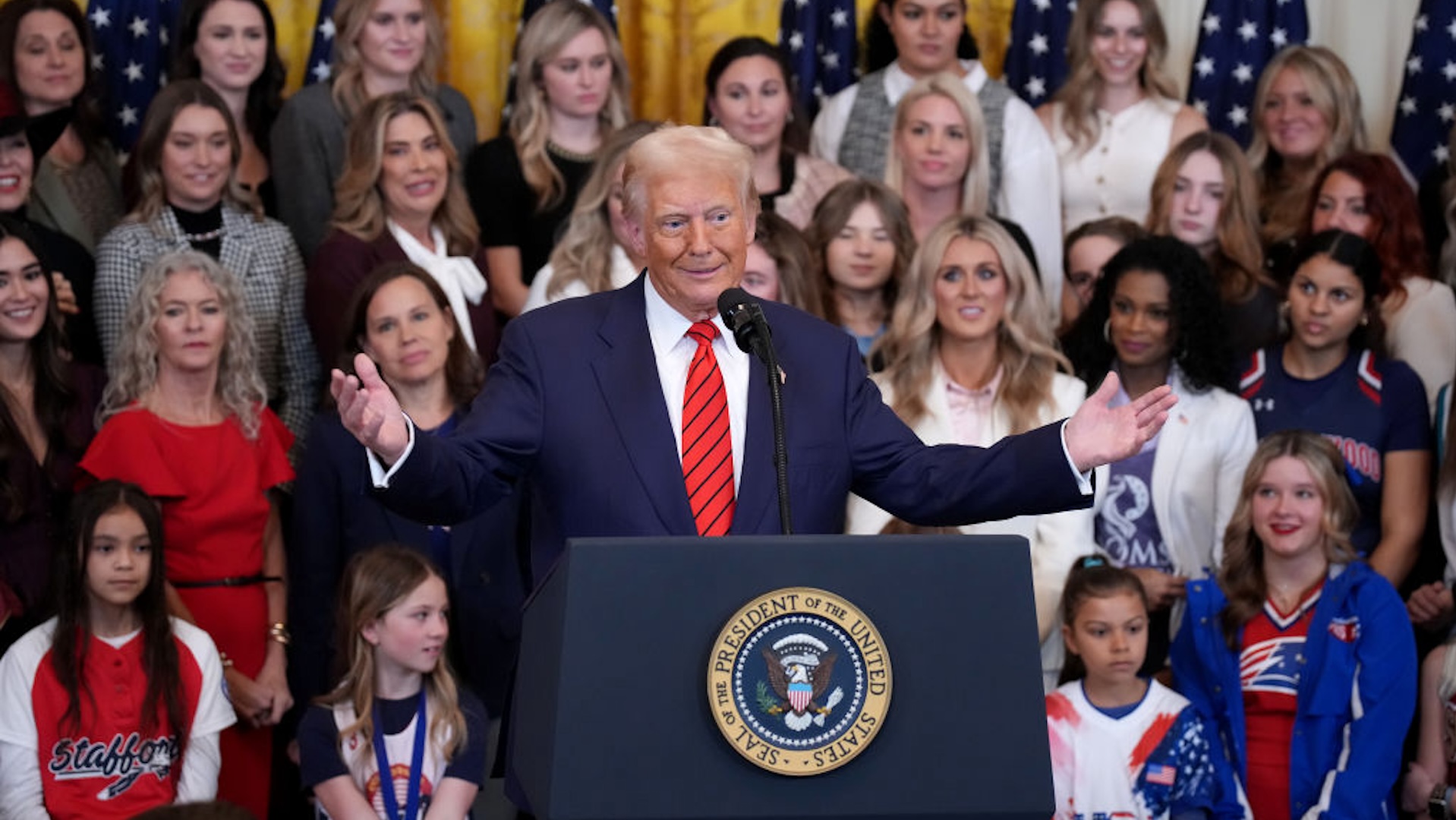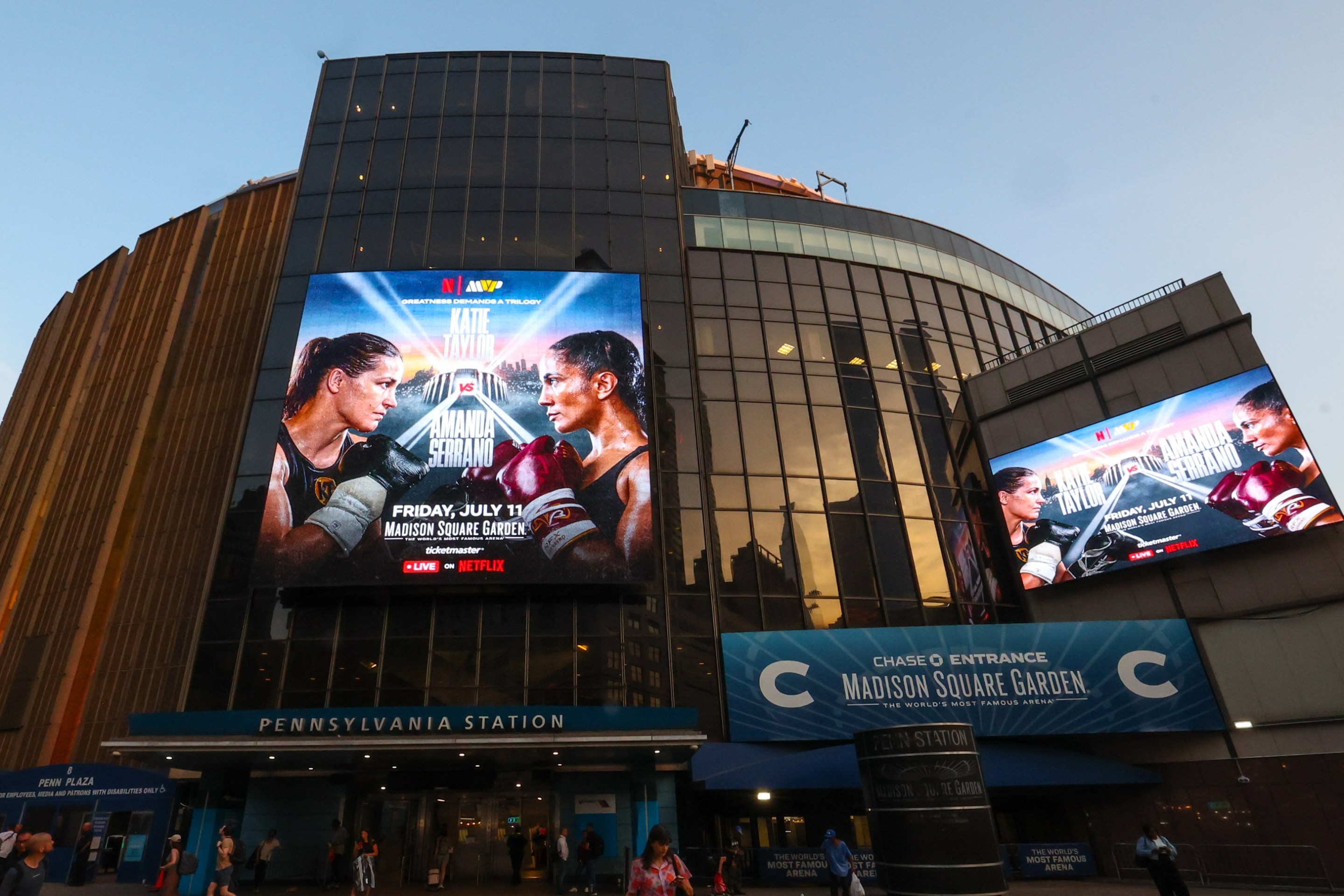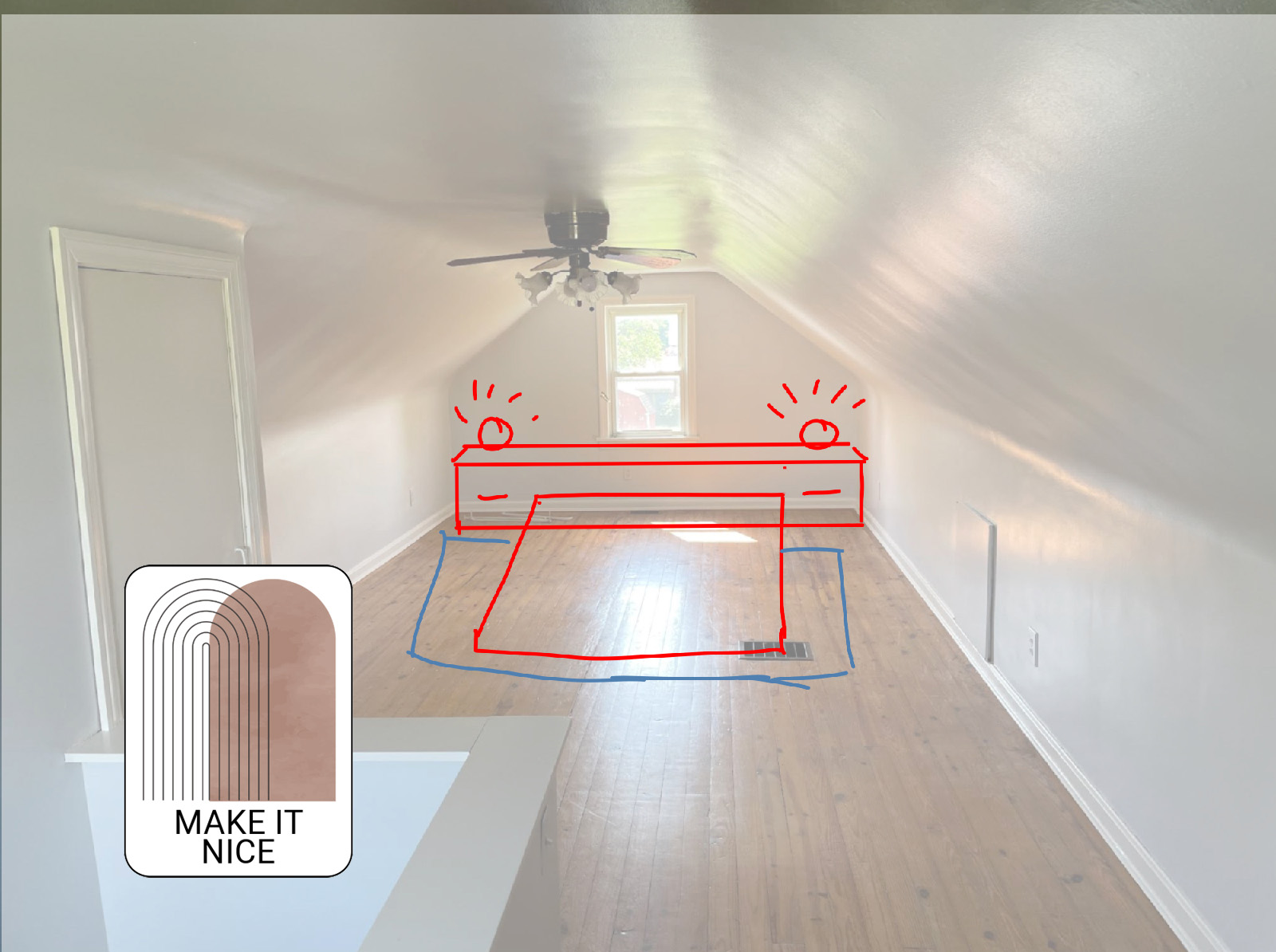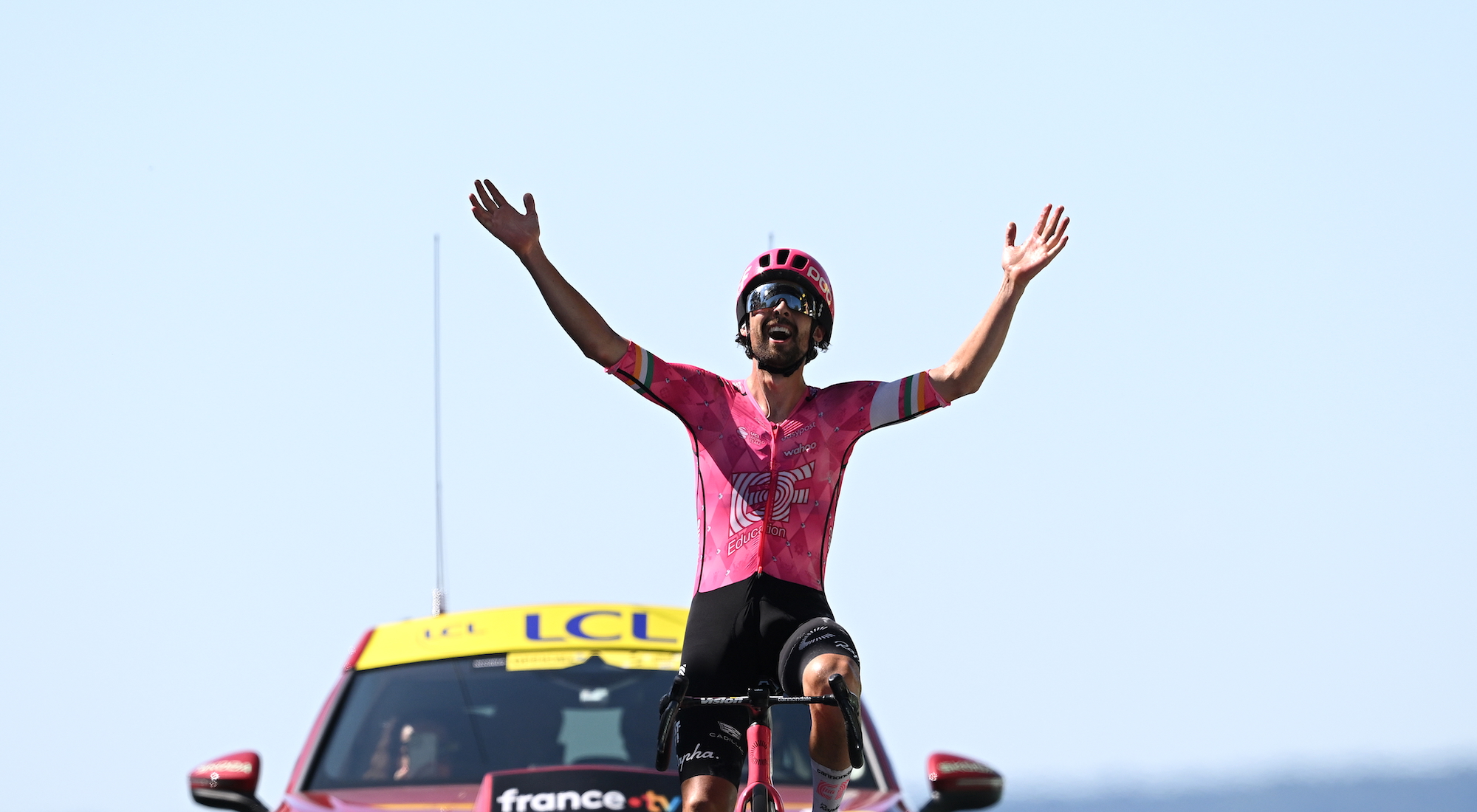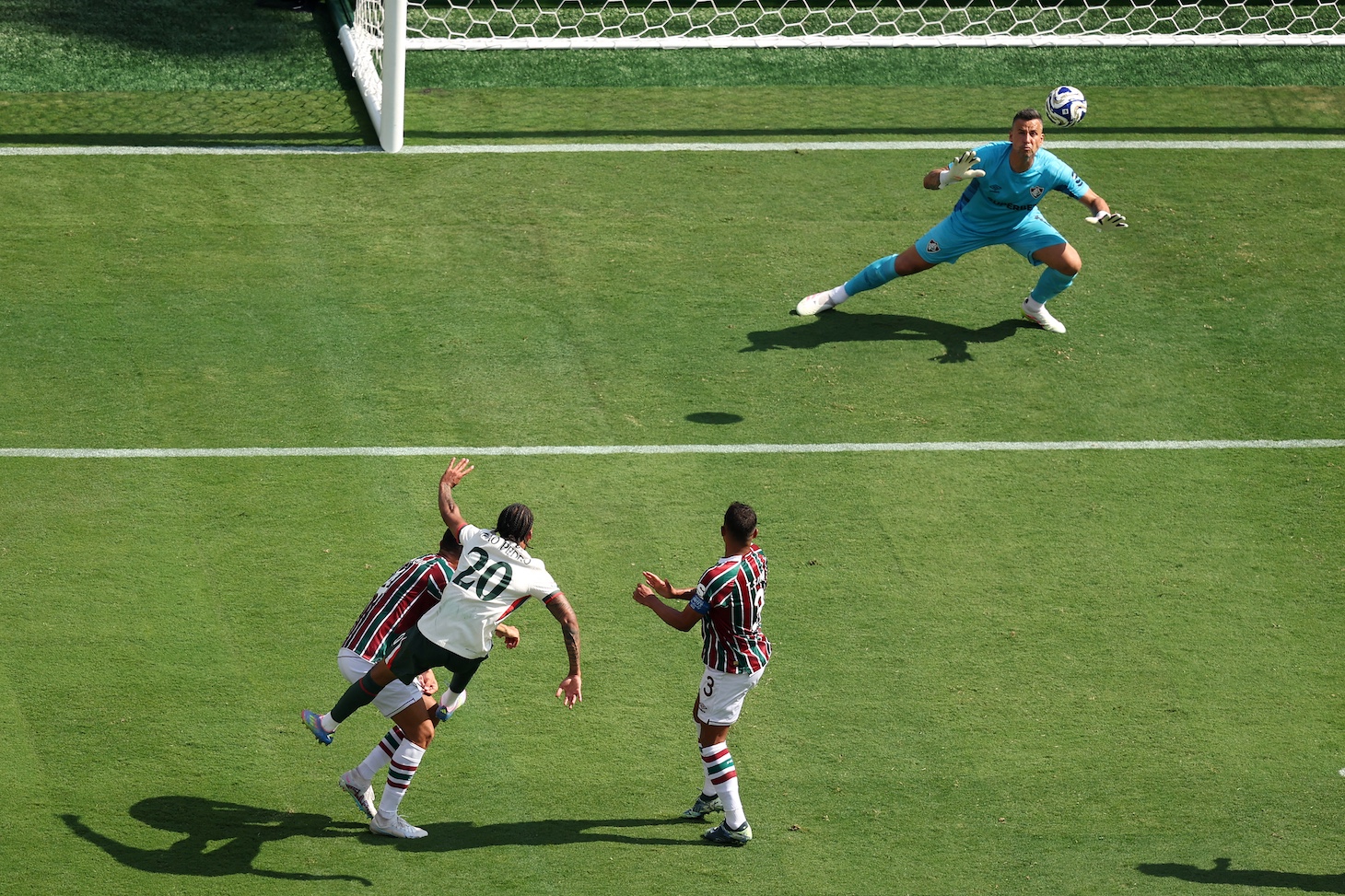The story of Tua Tagovailoa's vulnerable brain is already speeding into hyperspace, which is to say that his ability to play Sunday at New England is no longer as compelling a debate as whether he should play ever again, and even whether his parents should start leaning on him to consider retirement. Wait, what?
Yep, we're there now, thanks to Mike Florio's latest postulate in ProFootballTalk, in which he manages in one post to make the leap from "if he's cleared to play, he should play" to "maybe he should never play again," and suggesting that his family might be leaning on him to consider a less cranially stressful line of work. Not that narratives drive concussion evaluations, but the NFL did change its protocols after the horrified reaction to Tagovailoa's first concussion after Week 3, so yes, narratives drive concussion evaluations.
This, though, is the first time in our memory that anyone has suggested that a player's family might want to be involved, let alone ought to be. This would of course horrify any team, as they only just very recently considered the possibility that the player himself might have something to say about a decision that has typically been held exclusively by the employer. Indeed, the Dolphins watched Tagovailoa hit his head on the ground Sunday and blithely let him play the rest of the game, as though the concept of precautionary action based on medical history was still written in the original elvish runes of ninth-century witchcraft.
if this play at 2:40 was Tua's concussion, here are his stats:
— Warren Sharp (@SharpFootball) December 26, 2022
pre-concussion: 9/12, 229 yds, 19.1 YPA, 1 TD, 0 INT
post-concussion: 7/13, 81 yds, 6.2 YPA, 0 TD, 3 INTspic.twitter.com/0FvirTtxnR
Well, maybe "blithely" is too harsh a term, as reacting a day later is light speed by traditional NFL standards, and yes, that includes players who still cling to the notion that playing hurt includes playing while seeing three of everything and trying to pick the thing in the middle. See Derwin James last night for a further example of the head as disposable item.
The Tagovailoa story demonstrates for the umpteenth time how sports remains more reactive than proactive with head injuries, and that in a sport built on the sanctity of violent contact the reluctance to pull a player from a game remains the dodgiest of guesses, and the assumption that even with head injuries the "why not?" standard remains maddeningly in place. But Tua's head, because it is attached to a quarterback, gets more notice, and now new notice as well. Noticing the family's concerns may be a weird advancement in the area of brain health for football players, but to this point, any conceptual expansion of the effects of concussion is an advancement football hasn't seemed capable of making.
